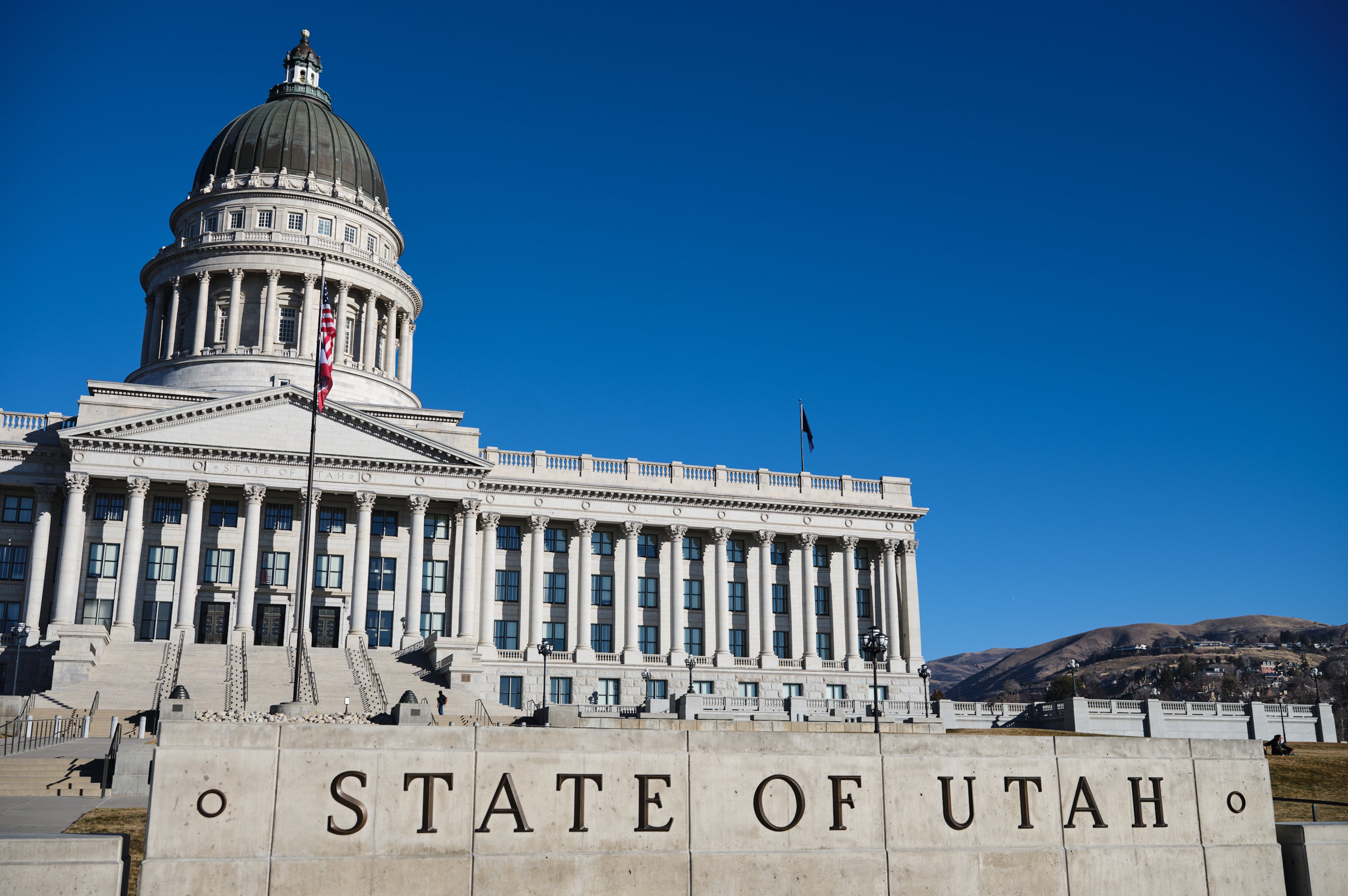Lawmakers begin fight over remap of Georgia General Assembly

Redrawn districts by the Republican-controlled Georgia General Assembly faced criticism on the first day of a special legislative session Wednesday, with Democrats and civil rights groups saying they fail to increase representation of Black voters as ordered by a federal judge.
The GOP’s redistricting proposal adds seven more majority-Black state Senate and House districts but minimizes opportunities for Democrats to gain seats.
Under the proposals, every Senate incumbent in both parties would be protected, and just two seats in the House would swing toward Democrats. A revised map for the U.S. House, where Republicans hold a 9-5 advantage, hasn’t yet been released.
The House Republican majority protected its partisan advantage by moving three sets of Democratic incumbents into the same districts, forcing half of them out of office in next year’s election. One pair of GOP incumbents is also drawn together.
“We find ourselves at a crossroad, where the very foundation of our democracy is under scrutiny,” said Nicola Hines, president of the League of Women Voters of Georgia. “Our goal is clear: We seek maps that reflect the rich diversity of our great state, ensuring every Georgian, especially those in communities of color, have a voice.”

Republicans said they complied with U.S. District Judge Steve Jones’ ruling that ordered the General Assembly to redraw the state’s maps passed two years ago because he found they illegally weakened Black voting strength.
Though Black residents accounted for nearly half of Georgia’s population growth since 2010, Jones’ decision concluded that redistricting prevented adequate opportunities for representation.
“The primary goal here is to comply with Judge Jones’ order,” said House Redistricting Chairman Rob Leverett, a Republican from Elberton. “We’re trying to maintain continuity of representation as much as possible, so we did continue partisan considerations.”
But witness after witness accused lawmakers of failing to comply with the judge’s order.
For example, Senate Districts 16 and 34, both located south of Atlanta, were among the 10 districts the judge ordered the Legislature to address, but their lines didn’t change.
Instead, Democrats and advocates said, Republican leaders played a “shell game” with Black voters by moving them and the district numbers around to create the illusion that they drew the two required Black-majority districts.
“Nothing is new here for Black voters, they’re just in new (district) numbers they’ve got to learn and a lot of new people are going to have to learn a new representative, a new senator, a new number, a new polling place,” said Stephanie Ali, a lobbyist with a liberal-leaning voter mobilization organization, the New Georgia Project.
Legislators are allowed to draw maps for political advantage, but the Voting Rights Act of 1965 prohibits them from discriminating against Black voters.
The redistricting session started Wednesday with public hearings and the introduction of bills that will sprint through the legislative process. Revised maps must be signed into law by the end of next week to meet Jones’ Dec. 8 deadline.
“What we are seeing in both the Senate and the House maps so far are attempts to take back other districts and even the score from a partisan perspective,” said Ken Lawler, co-chair of Fair Districts GA, a redistricting advocacy organization. “We think that’s honestly 100% wrong. It may be legal, but it’s wrong.”
Republicans currently hold a 33-23 majority in the state Senate and a 102-78 advantage in the state House, a lead that would remain mostly intact under the new maps.
Georgia has appealed Jones’ ruling, but legislators said the new political boundaries they pass in the next few days will likely be used in next year’s elections.
If the appeal is successful, the redistricting bills introduced Wednesday call for the state’s 2021 maps to be reinstated.
State Sen. Donzella James, an Atlanta Democrat, urged her Republican colleagues to redraw the maps to reinstate the district she’s represented off and on since 1993.
James currently represents a Black-majority district. But the Republican plan makes changes that designate part of her district as a “new” Black-majority district.
“In the districts identified by the court, the Republican proposal changes district numbers including mine for no apparent reason,” James said. “It appears to be smoke and mirrors and partisan gamesmanship, and I ask that this map be rejected and a map be adopted that complies with the Voting Rights Act.”
Redistricting committee members in each chamber are expected to vote Thursday on the Republican-proposed maps. The full Senate could take action on its maps as soon as Friday.




